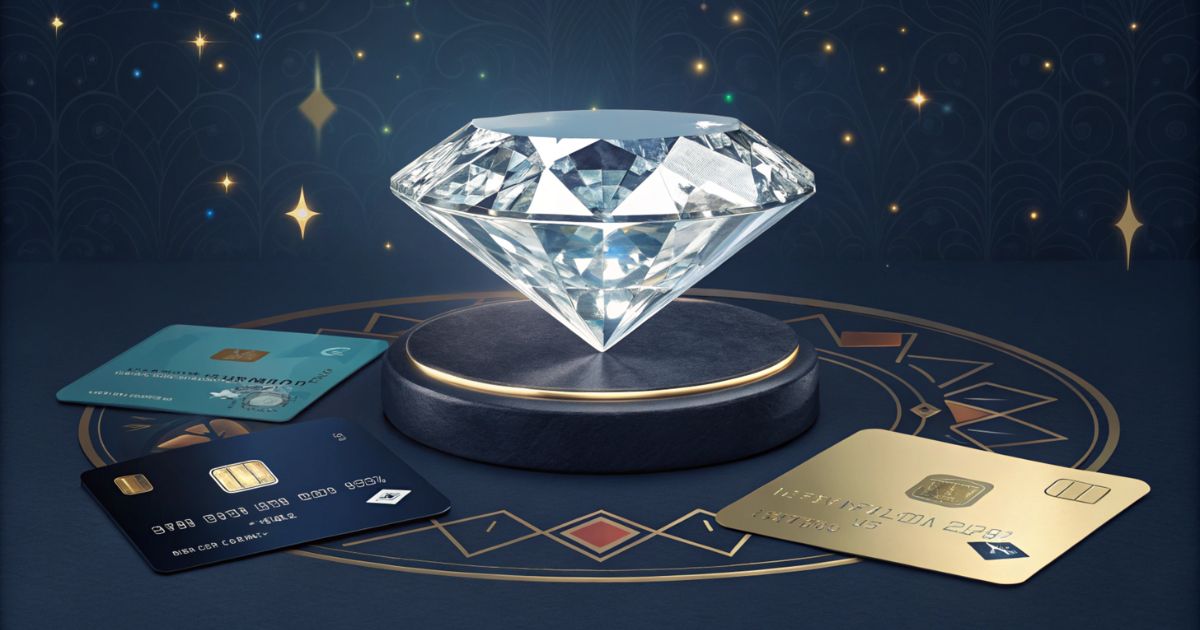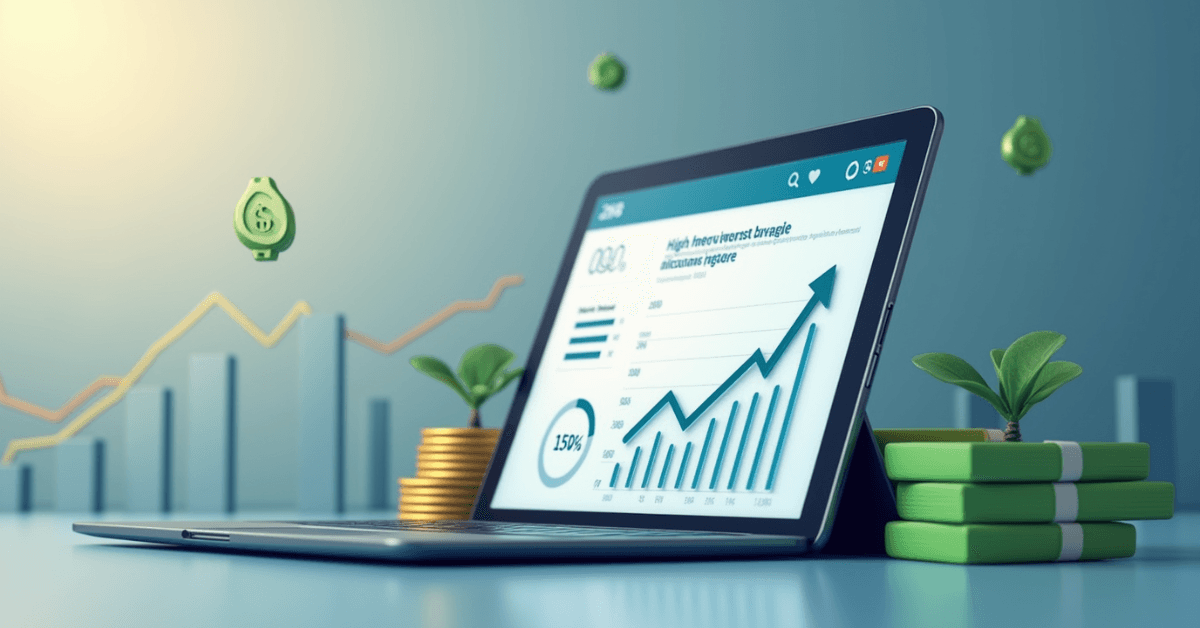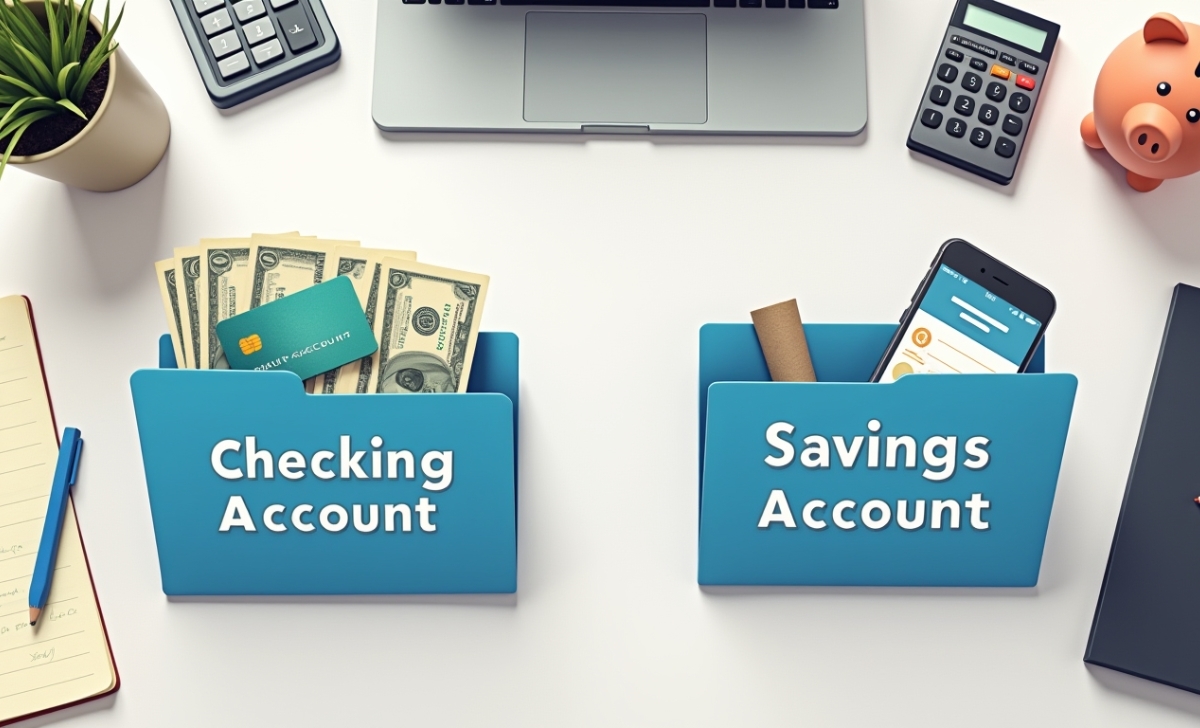In today’s fast-paced financial landscape, choosing between a debit card and a credit card can feel overwhelming. Both cards offer unique advantages, but each also comes with its own set of limitations. Are you someone who values control over spending with minimal debt risk, or do you prefer the potential rewards and credit-building perks? Understanding the pros and cons of debit cards vs credit cards can empower you to make smarter financial choices tailored to your needs.
As we dive into the details, you’ll gain insights on how each card type impacts your spending habits, financial goals, and overall convenience. Whether you’re looking to maximize benefits or avoid pitfalls, this guide will help you navigate the essentials of both debit and credit cards and decide which might be right for you. Let’s break down the options and make the choice simpler!
Key takeaways
- Debit cards and credit cards each offer unique benefits and serve different financial needs.
- Debit cards link directly to your bank account, allowing for easy budgeting and debt-free spending.
- Credit cards allow for credit building, offer rewards, and provide added security, especially for larger purchases.
- While debit cards help avoid debt, credit cards can incur high-interest charges if balances aren’t paid off monthly.
- Responsible card use, whether debit or credit, is essential to maximize benefits and maintain financial health.
Understanding the Basics

When it comes to managing finances, knowing the basics of debit and credit cards can make a big difference in your everyday decisions. Think of a debit card as an extension of your checking account. Every time you swipe, you’re directly accessing the funds you already have, giving you a real-time sense of your spending power. On the other hand, a credit card operates a bit differently. With a credit card, you’re borrowing money from a bank or credit provider with the expectation that you’ll pay it back, ideally on time to avoid interest.
So, how do these cards stack up against each other? Let’s dive in:
- Debit Card Essentials:
- Real-Time Spending Control: With a debit card, you’re only able to spend what’s in your bank account, which can help prevent overspending.
- Direct Bank Link: Your debit card is connected straight to your checking account, meaning transactions instantly reflect in your balance.
- Low to No Fees: Most debit cards have few, if any, annual fees. However, it’s wise to check for potential overdraft fees if your account balance dips too low.
- Credit Card Essentials:
- Borrowing with Limits: A credit card allows you to borrow within a set credit limit, giving you more flexibility to cover larger expenses, like travel or emergencies.
- Interest Rates and Payback: Unlike debit cards, credit cards can charge interest on unpaid balances. If managed well, they offer short-term loans without the high fees of other lending options.
- Credit Building: Credit cards impact your credit score when used responsibly, which can help you qualify for better rates on loans, mortgages, and more.
Understanding these differences can empower you to decide which card suits your lifestyle and goals.
Pros of Using Debit Cards
Choosing a debit card can be appealing for its simplicity and immediate access to your own money. But what specific advantages come with using a debit card regularly? Here’s a breakdown of some key benefits that could make debit cards the right choice for your everyday spending.
1. No Debt Accumulation
One of the standout advantages of debit cards is their straightforward approach to spending. Since they pull directly from your bank account, there’s no need to worry about accumulating debt or paying interest rates. This can be a huge relief if you’re trying to avoid the financial pitfalls that can come with borrowing. With a debit card, you’re only spending the money you already have, making it easier to stay within budget and maintain control over your finances.
2. Low Fees
In terms of cost, debit cards often come out on top. Most debit cards have low or no annual fees, especially if they’re linked to a checking account with direct deposits or regular activity. While there may still be occasional fees, such as for using out-of-network ATMs, these are generally predictable and easy to manage. Avoiding debt-related charges can also make debit cards more appealing to those looking to minimize their financial obligations.
3. Easy to Monitor Spending
For those who like a hands-on approach to managing their budget, debit cards offer an easy way to keep track of expenditures. Since each transaction is immediately deducted from your account balance, you always have a real-time view of your spending. This makes debit cards ideal for budgeting, allowing you to see exactly where your money is going and adjust accordingly. Tracking is simple, and many banking apps offer additional features, like spending notifications and category tracking, to help keep everything organized.
4. Security and Peace of Mind
While credit cards often get the spotlight for security, debit cards also provide significant protection. Many banks now offer zero-liability policies for unauthorized transactions, adding an extra layer of safety. However, it’s important to report any suspicious activity quickly, as debit cards don’t offer the same level of fraud protection as credit cards. Still, the peace of mind of knowing your spending is limited to what’s in your account can be a key advantage.
Using a debit card can be a great way to manage spending without the risk of debt, all while offering straightforward budgeting and low fees. It’s a practical choice if you’re looking for financial control and a debt-free approach to daily expenses.
Cons of Using Debit Cards
While debit cards offer simplicity and control, they do come with a few notable drawbacks. Are they significant enough to impact your decision? Let’s explore the potential downsides of relying solely on a debit card for your everyday expenses.
1. Limited Fraud Protection
One of the primary concerns with debit cards is their relatively limited fraud protection. Unlike credit cards, which offer extensive safeguards against unauthorized charges, debit cards often place the responsibility on you to report suspicious activity quickly. If your card is compromised, the funds come directly from your bank account, which can be stressful and inconvenient. Although many banks offer zero-liability protection, there may still be delays in getting your money back, and you could be left without access to your funds in the meantime.
2. No Credit-Building Benefits
A significant downside of debit cards is that they don’t help you build your credit score. For anyone looking to qualify for a mortgage, car loan, or even a premium credit card, establishing a strong credit history is essential. Since debit cards don’t report to credit bureaus, using them exclusively means missing out on the chance to strengthen your credit profile, which can be a disadvantage if you’re working towards future financial goals.
3. Potential Overdraft Fees
While using a debit card helps you stick to a budget, there’s a risk of encountering overdraft fees if you accidentally dip below your account balance. Many banks charge hefty fees for overdrafts, which can quickly add up, especially if you’re unaware of a low balance. Some banks offer overdraft protection, but it often comes at an additional cost. Without this feature, relying on a debit card can become costly if you’re not vigilant about monitoring your funds.
4. Limited Rewards and Perks
Unlike credit cards, which often offer cashback, travel rewards, and other perks, most debit cards provide minimal benefits beyond basic convenience. If you’re looking to earn rewards for your purchases, debit cards may fall short. The lack of travel protections, purchase insurance, and cashback rewards can be disappointing for those who prefer to get something back from their spending. Credit cards can offer these extras, making them a more attractive option for maximizing value.
5. Restrictions on Rental and Travel
Finally, debit cards can sometimes be a hassle for rental services and travel bookings. Many car rental agencies and hotels place holds on funds, which can temporarily tie up your money. These holds can last days, limiting your available balance and creating unexpected inconveniences. Credit cards, on the other hand, are often preferred by these services due to their credit limit and the added security they provide.
Debit cards can be an excellent tool for managing your finances and avoiding debt, but these limitations are worth considering. From fraud protection to rewards and credit-building potential, it’s essential to weigh these factors based on your financial goals and lifestyle needs.
Pros of Using Credit Cards
Credit cards often come with enticing benefits, especially for those looking to build credit or earn rewards. But are the perks worth it? Here are some of the standout advantages credit cards bring to the table, helping you decide if they align with your financial goals.
1. Opportunity to Build Credit
One of the biggest advantages of using a credit card is the chance to build your credit score. Every timely payment you make helps establish a positive credit history, which is crucial for larger financial milestones, like buying a home or car. If you’re aiming to improve your credit profile, responsibly using a credit card is one of the fastest ways to do so. Remember, a strong credit score can unlock better loan rates and even higher credit limits.
2. Rewards and Cashback Programs
Credit cards often come with rewards programs that allow you to earn cashback, points, or even miles on your purchases. Imagine being able to save on flights, hotels, or get cash back at the end of each month just by using your card. Different cards offer various perks, so you can choose one that aligns with your spending habits—whether that’s travel, dining, or general shopping. This feature alone can make credit cards an attractive choice if you’re looking to maximize your spending power.
3. Enhanced Fraud Protection
Security is another area where credit cards shine. Most credit cards offer zero-liability protection, meaning you won’t be responsible for unauthorized charges if your card is stolen or compromised. Unlike debit cards, where funds come directly from your bank account, credit cards provide an added layer of security, as charges don’t impact your cash flow immediately. This enhanced protection can be a relief if you frequently make online purchases or travel abroad.
4. Flexibility in Payment
A credit card gives you the flexibility to pay off purchases over time, which can be beneficial for managing larger expenses. While it’s ideal to pay the full balance each month to avoid interest, having the option to carry a balance can be helpful in case of emergencies or unexpected costs. Just remember, this flexibility comes with responsibility; maintaining a balance can lead to high-interest charges, so it’s best used sparingly.
5. Additional Perks and Protections
Many credit cards offer additional perks beyond rewards and security, such as travel insurance, purchase protection, and extended warranties on electronics. Some premium cards even come with perks like access to airport lounges, discounts on rental cars, or concierge services. These extras can be valuable for frequent travelers or anyone who wants peace of mind with larger purchases. While these benefits vary by card, they often add significant value to credit card usage.
Using a credit card responsibly can open doors to a range of financial perks, from building a solid credit history to enjoying rewards and added protections. These advantages make credit cards an appealing option if used wisely and paid off on time.
Cons of Using Credit Cards
While credit cards come with a host of benefits, they also have their pitfalls. For those who may be prone to overspending or struggle to stay on top of monthly payments, the downsides of credit card usage can be challenging to navigate. Here’s a look at some of the primary drawbacks of relying on credit cards.
1. High-Interest Rates and Potential Debt
One of the most significant downsides of credit cards is the high-interest rates on unpaid balances. If you’re unable to pay off the full balance each month, these interest charges can quickly add up, leading to a cycle of debt that can be hard to break. Credit cards often have interest rates much higher than other types of loans, making it essential to use them responsibly. For anyone looking to maintain financial stability, avoiding carrying a balance is key.
2. Overspending Risks
Credit cards can make it tempting to spend beyond your means. Unlike debit cards, which are limited by the money in your account, credit cards allow you to make purchases even if you don’t have the funds to cover them immediately. This flexibility, while convenient, can lead to overspending if not managed carefully. For those aiming to keep a tight rein on their budget, this ease of spending can quickly turn into a financial burden.
3. Fees and Hidden Costs
Credit cards often come with a variety of fees that may not be immediately obvious. From annual fees and late fees to cash advance fees and balance transfer charges, these additional costs can add up if you’re not careful. Some premium cards have annual fees that can be justified by their rewards, but for those who don’t fully utilize the perks, these fees can outweigh the benefits. Checking the card’s terms carefully can help avoid unnecessary expenses.
4. Credit Score Impact
Credit cards directly impact your credit score based on your payment history, balance levels, and credit utilization rate. Missing payments or carrying high balances can harm your credit score, making it harder to qualify for loans or lower interest rates in the future. For those new to credit, establishing good habits with on-time payments and low balances is crucial. However, misuse can have lasting effects on your credit history, impacting future financial opportunities.
5. Limited Acceptance in Some Situations
While credit cards are widely accepted, there are still certain scenarios where they may not be the preferred payment method. For instance, small businesses may prefer cash or debit, and some international locations may have limited credit card acceptance. Additionally, using credit for everyday small purchases can sometimes result in extra processing fees, which can add up over time.
Credit cards can be a powerful tool when used carefully, but understanding these potential drawbacks is essential to avoid falling into common financial traps. With awareness and responsible habits, you can leverage the benefits of credit cards while minimizing their risks.
Choosing Between Debit and Credit Cards
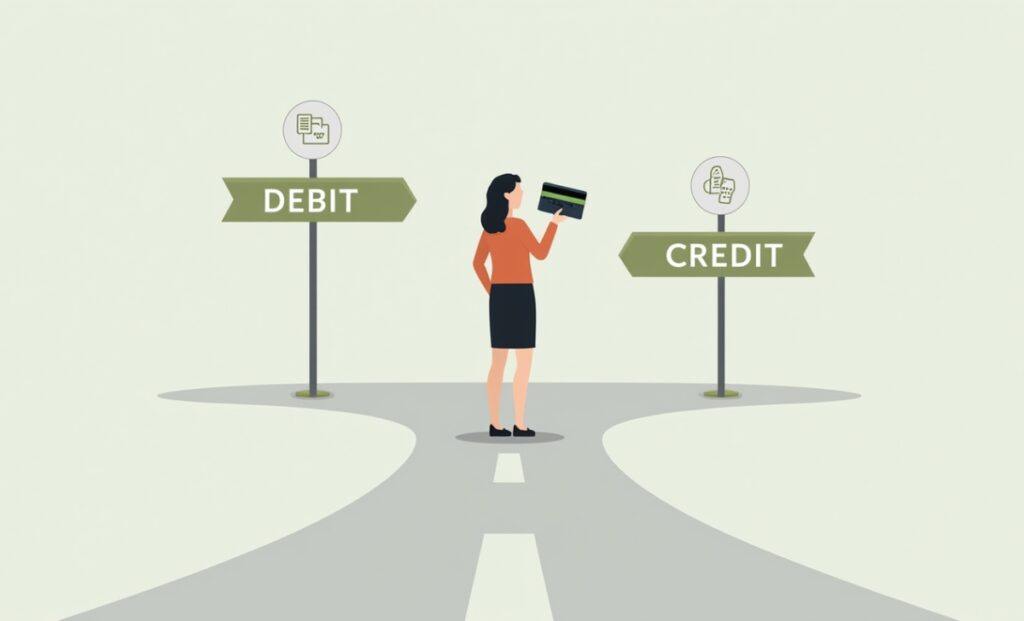
Deciding between a debit card and a credit card isn’t always straightforward. Each has its unique advantages and potential drawbacks, making the choice a matter of personal finance goals and spending habits. So, which one is right for you? Let’s look at some scenarios where one card might be better suited than the other.
1. When Debit Cards Are a Better Fit
For those who prefer to keep things simple, debit cards can be a great match. If you’re someone who likes to avoid debt entirely, debit cards offer a straightforward way to spend only what you have. They’re also an ideal choice if you’re budgeting or need to keep a close eye on your expenses.
A debit card might be your best option if:
- You want a direct link to your bank account with immediate spending control.
- You aim to avoid interest rates and prefer not to manage monthly credit card payments.
- Your focus is on low fees, with minimal added costs beyond basic ATM charges.
2. When Credit Cards Offer More Benefits
Credit cards, on the other hand, can be highly advantageous if you’re looking to build credit or enjoy rewards. For frequent travelers, those who like to earn cashback, or anyone hoping to improve their credit score, a credit card can provide real value if used responsibly.
A credit card may be the better choice if:
- You want to build a solid credit history for future financial milestones like loans or mortgages.
- You’re interested in earning rewards, cashback, or travel perks on everyday purchases.
- You feel confident managing monthly payments and paying off the balance to avoid interest charges.
3. Balancing Both for Financial Flexibility
Many people find that a combination of both debit and credit cards provides the best of both worlds. Using a debit card for day-to-day expenses and a credit card for larger purchases or recurring bills can create a balanced approach. By using each card in a way that leverages its strengths, you can enjoy greater financial flexibility without risking overspending or missing out on rewards.
A balanced approach could work well if:
- You use a debit card to stick to your budget and track smaller expenses.
- You rely on a credit card to earn rewards on larger purchases and for its added fraud protection.
- You pay off your credit card balance monthly to enjoy perks without incurring debt.
4. Assessing Your Financial Habits and Goals
Ultimately, the decision comes down to understanding your financial needs and habits. Are you disciplined with spending and committed to paying off balances each month? Or do you prefer to keep things simple and avoid debt altogether? Taking a moment to consider these factors can help you make an informed choice that aligns with your financial goals and lifestyle.
By weighing the pros and cons of each option and reflecting on your spending habits, you can choose the card—or combination—that best supports your financial journey.
Tips for Responsible Use of Both Cards
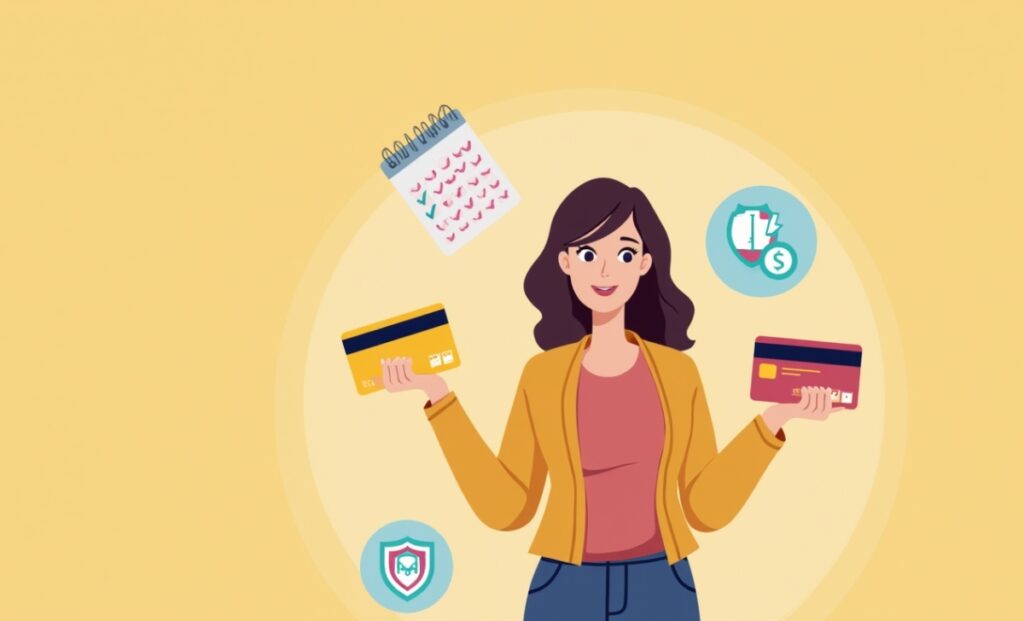
Whether you choose a debit card, a credit card, or a mix of both, using these tools responsibly can make a big difference in your financial health. But what does “responsible use” really mean, and how can you put it into practice? Here are some practical tips to help you make the most of your cards while staying in control of your finances.
1. Set Spending Limits
One of the easiest ways to avoid overspending is to set clear limits for yourself. With a debit card, this is fairly straightforward since you’re limited by the funds in your account. However, with a credit card, it’s essential to establish a personal spending cap. You might set a limit that’s less than your credit limit, allowing you to comfortably pay off the balance each month.
- Tip: Try to keep credit card spending under 30% of your credit limit to protect your credit score and stay within manageable payment amounts.
2. Understand Fees and Charges
Each card comes with potential fees, and understanding them can help you avoid unnecessary costs. For debit cards, watch out for ATM and overdraft fees, especially if you frequently withdraw cash. With credit cards, familiarize yourself with interest rates, annual fees, and late payment fees. By knowing what charges to expect, you can make more informed choices that align with your budget.
- Tip: Set up alerts or automatic reminders to keep track of payment due dates and avoid late fees.
3. Monitor Your Transactions Regularly
Keeping an eye on your transactions helps you spot any unauthorized charges or spending patterns that might be straining your budget. Most banks and credit card companies offer mobile apps that make it easy to review your purchases in real time. Monitoring your activity helps you stay within budget and protects you from fraud or errors.
- Tip: Consider reviewing your account activity weekly to stay on top of your spending and address any issues quickly.
4. Protect Your Card Information
Both debit and credit cards can be vulnerable to fraud, so safeguarding your card information is crucial. Avoid sharing your card details online or over the phone unless it’s absolutely necessary, and use secure, reputable sites for online purchases. Additionally, consider setting up two-factor authentication or alerts for suspicious activity.
- Tip: If you notice any suspicious charges, report them immediately to your bank or credit card provider to limit potential losses.
5. Pay Off Credit Card Balances Monthly
If you’re using a credit card, paying off the full balance each month can save you a significant amount in interest and keep your debt from piling up. Making only the minimum payment can lead to long-term debt and high-interest costs, so aim to clear the balance whenever possible. This practice not only helps avoid interest but also boosts your credit score over time.
- Tip: Set up automatic payments for the full balance to ensure you’re never hit with unexpected interest charges.
Using both debit and credit cards can provide a blend of flexibility and control, but responsible habits are key. By following these tips, you’ll be able to enjoy the benefits of each card type while protecting your finances and staying in charge of your spending.
Conclusion
In the end, choosing between a debit card and a credit card comes down to what best aligns with your financial goals and spending habits. Are you looking to keep a tight rein on your budget, avoid debt, and simplify your daily expenses? Then a debit card might be your perfect match. Or perhaps you’re hoping to build credit history, earn rewards, or enjoy added security for travel and larger purchases. In that case, a credit card could open doors to these advantages.
But remember, responsible use is key no matter which card you choose. By understanding the pros and cons and practicing mindful spending, you can make the most of both types. Debit and credit cards each offer unique benefits and can complement each other when used thoughtfully. So, as you decide which is right for you, consider your lifestyle, financial habits, and goals. In doing so, you’ll not only enhance your financial security but also maximize the value each card brings to your daily life.
Ready to take charge of your spending and make your cards work for you? Whether it’s through building credit, managing your budget, or enjoying perks along the way, you now have the tools and insights to make a confident choice.
FAQ
What are the pros and cons of debit cards vs credit cards?
Debit cards are great for budgeting, as they use only available funds and avoid debt. Credit cards, however, offer rewards, credit-building potential, and enhanced fraud protection, but they also come with risks like high-interest debt if not managed carefully.
What is the main difference between a debit card and a credit card?
A debit card uses funds directly from your bank account, while a credit card allows you to borrow money up to a set limit, which you’ll repay later.
How do debit cards impact my finances?
Debit cards help with budgeting since they limit spending to the available balance in your account. They don’t build credit but also don’t involve debt.
What are the advantages of using a credit card?
Credit cards allow you to build credit, offer rewards or cashback, and provide additional protections like fraud coverage and travel perks. They also offer flexibility with larger purchases.
Are there any risks associated with using a credit card?
Yes, credit cards can lead to high-interest debt if balances aren’t paid off each month. Overspending and missed payments can also negatively impact your credit score.
Can debit cards offer the same rewards as credit cards?
Generally, debit cards offer fewer rewards. Some banks provide minimal perks, but credit cards are typically better for cashback, travel rewards, and other incentives.
Which card type is better for online purchases?
Credit cards often provide more security for online transactions due to fraud protection policies. However, debit cards are safer if you prefer to avoid potential debt.
How does using a credit card affect my credit score?
Timely payments and keeping balances low can improve your credit score. However, high balances and missed payments can harm it, making responsible use essential.
Can I use both a debit card and a credit card?
Yes, many people use both. Debit cards are ideal for daily expenses, while credit cards can be reserved for larger purchases, building credit, or earning rewards.


